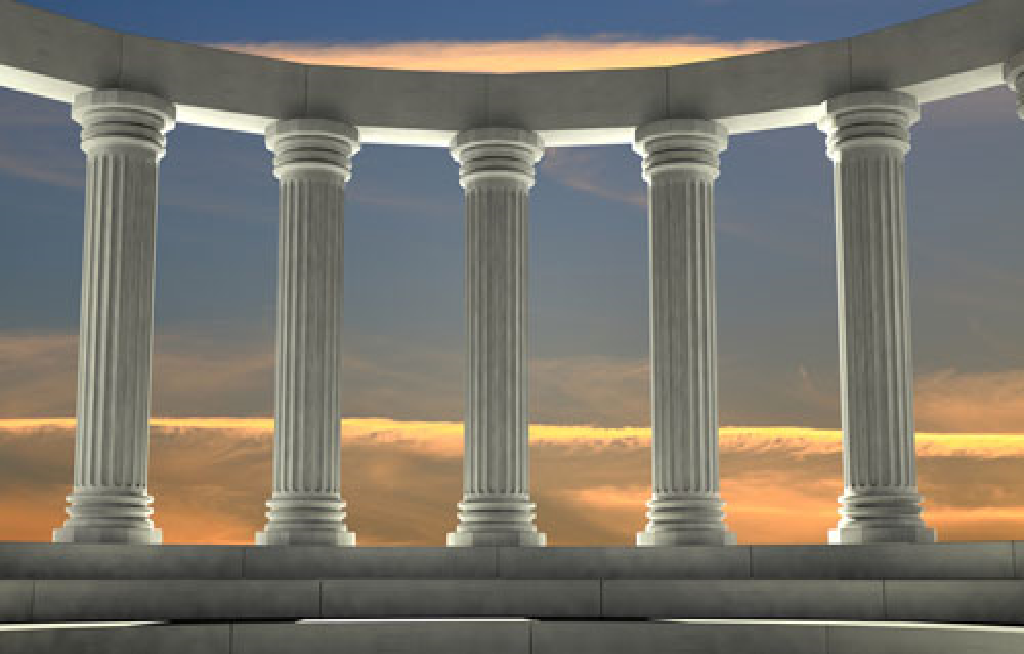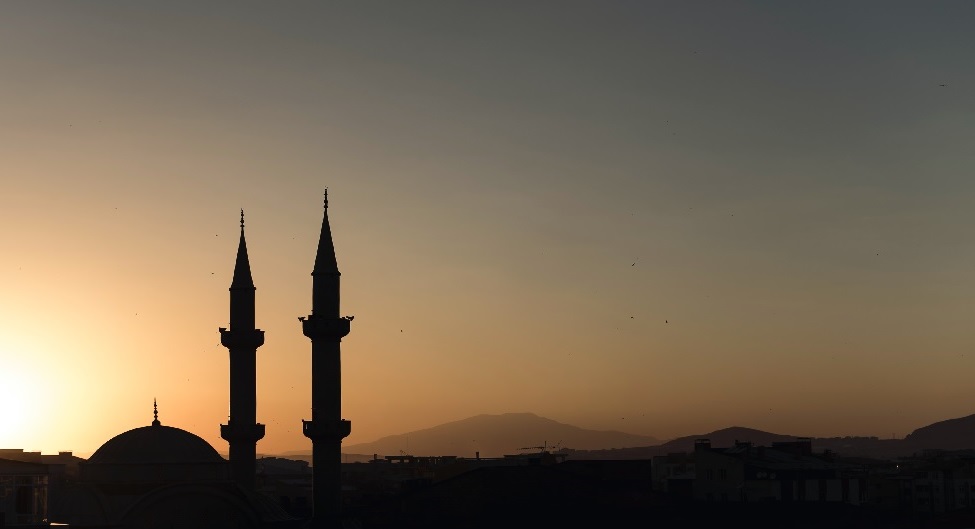The 5 Pillars of Islam - Simplified
The 5 Pillars of Islam are the foundation of a Muslim’s life and they are as follows:
1. The Declaration of Faith
The declaration of faith is bearing witness that there is no God or anything at all worthy of worship except Allah, and Muhammad is His Messenger. It must be based on a sincere and firm belief in the heart, followed by action.
With this declaration, a person rejects all false deities, asserts that Allah is the only One worthy of worship, and accepts His final Messenger, hence becoming a Muslim.
2. The Five Daily Prayers
Prayer establishes a personal and spiritual connection between the Muslim and their Creator, and is a constant and practical reminder of a person’s duty to obey God.
The five prayers are prescribed once each at dawn, noon, mid-afternoon, sunset and nightfall
Each prayer can take a few minutes to perform, consisting of recitation of the Quran, supplications, praising Allah, and various movements. In preparation for prayer, Muslims wash certain parts of their body, such as the face and hands, to ensure spiritual and physical purity.
3. The Annual Charity
The annual charity is an obligation on every Muslim who meets certain criteria (e.g. has wealth above a certain threshold).
Mostly, a mere 2.5% of one’s annual wealth shall be paid to those who are eligible, such as the poor, the needy or those in debt.
It purifies one’s wealth and carries many benefits for both the giver and the receiver. One benefit is it reduces the gap between the rich and poor, ensuring everyone has their basic needs met.
4. The Annual Fasting
Every year during the month of Ramadan, Muslims fast from dawn until sunset, abstaining from food, drink and sexual relations.
It serves as a spiritual purification, nurtures patience and self-restraint, and provides many health benefits. Ramadan is the 9th month of the Islamic Calendar
5. The Pilgrimage
Pilgrimage to the holy Mosque in the city of Makkah, in Saudi Arabia, must be performed once in a person’s life, if they are physically and financially able.
It occurs annually in the 12th month of the Islamic calendar, unifying people of every colour, race, status and age, as they join in worship of the One True God. This great journey consists of many components, including sacrifices, travelling and praying at various sites. Such an experience is life altering and humbles a person, making them more patient and thankful.
All pilgrims wear simple and similar clothing, which strip away distinctions of class and culture, so that all stand equal before God.




